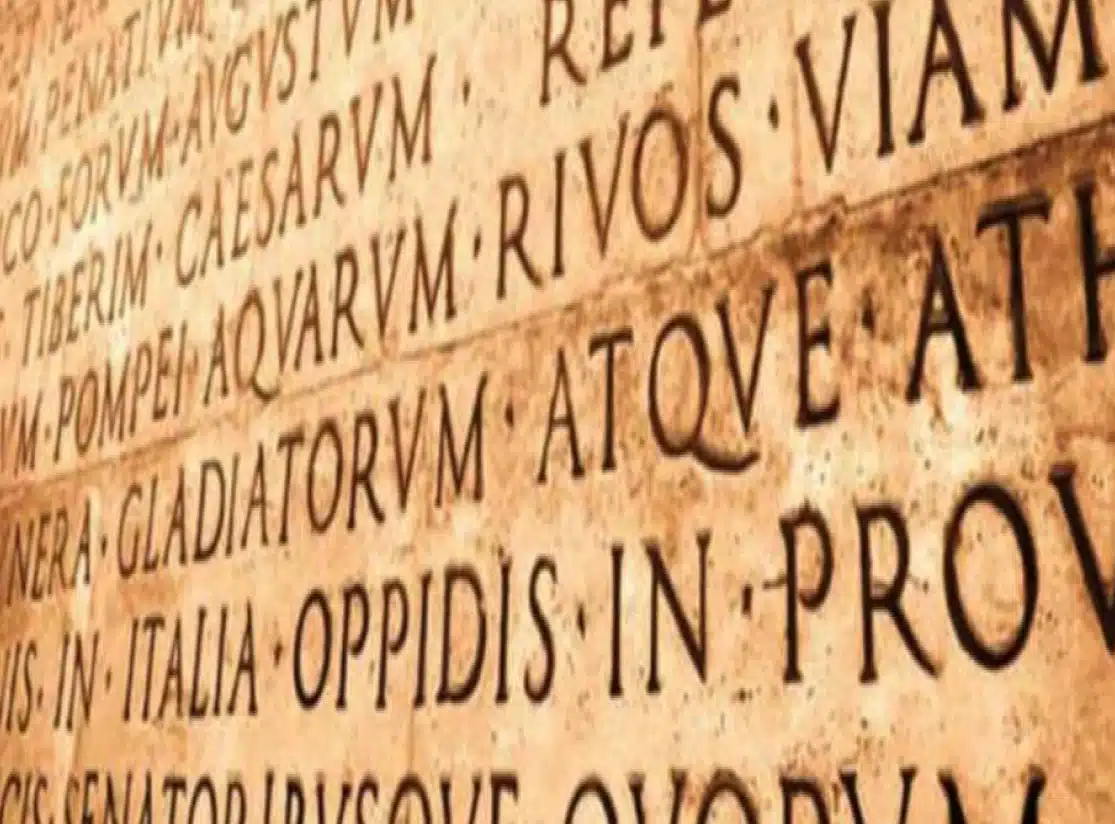‘Studying Mediterranean antiquity superbly equips individuals to think socio-politically and to persuade other people orally, visually and in writing. It hones transferrable skills like source criticism and culturally relativist analysis. It’s a perfect A level to do with any other subject because the Greeks invented all academic disciplines including Medicine and Material Science. It gets school-leavers and graduates great jobs and gives them nourishing and beautiful brain-food for non-working hours for life.’
Edith Hall, Classics Professor at Kings College London
The study of Latin continues on from GCSE. Language lessons introduce further elements of grammar so that, by the end of the course, pupils are able to translate unseen passages of unrevised Latin. Alongside the study of the language itself is the study of the set texts. These are both prose and verse. Pupils will study a speech of Cicero, considering not just its meaning but also its socio-political context and its literary value. The verse selection is from the Aeneid, one of the greatest works of Western poetry. Pupils will learn to give a personal response to the poetry and its genre.
Assessment
Component 1:
Unseen translations in Latin provide students with the opportunity to showcase their linguistic and interpretive skills by translating a previously unseen passage without prior knowledge. This challenging exercise not only assesses their command of Latin grammar and vocabulary but also hones their ability to comprehend and convey the nuanced meanings embedded in unfamiliar texts.
Component 2:
Prose composition or comprehension. In the composition paper candidates will be required to translate a short passage of English into Latin prose. For the comprehension paper candidates will answer questions about a passage of Latin prose.
Component 3:
It is our pleasure to introduce you to the rich and compelling world of Cicero’s oratory, particularly his renowned speech, “Pro Caelio.” In this captivating text, Cicero addresses a complex legal case involving the young and ambitious Clodius Pulcher and his alleged attempt to poison one of Rome’s most distinguished citizens, Quintus Caecilius Metellus Celer. Cicero, known for his eloquence and strategic brilliance, takes on the defense of Marcus Caelius Rufus, a rising political figure accused of orchestrating the poisoning.
Component 4:
We will introduce you to one of the most compelling and enduring works of Latin literature – Book 2 of Virgil’s epic poem, the “Aeneid.” In this literary masterpiece, Virgil transports us to the tragic aftermath of the Trojan War. The narrative unfolds within the city of Troy as it falls to the Greek forces. Aeneas, our hero and the Trojan prince, becomes the central figure as he navigates the destruction of his homeland and sets out on a fateful journey that will eventually lead to the founding of Rome.
Examination Board: OCR
Specification: H443
Mr C. Carroll – Head of Classics
SIXTH FORM










